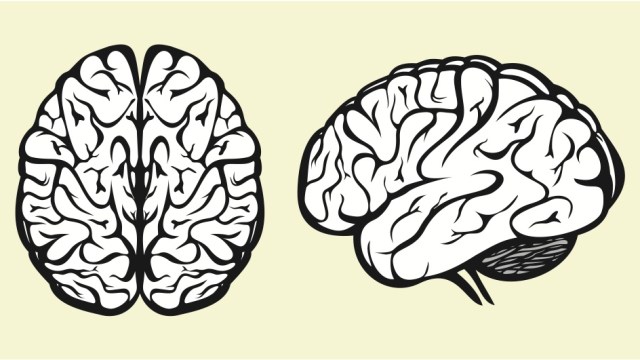The Brain’s Real Task: Remembering to Remember

What’s the Latest Development?
Known as prospective memory, scientific research has shed new light on two separate brain processes that allow the brain to prompt you to recall things. In an experiment, participants were asked to press one of two buttons to indicate whether a certain word was a member of a designated category. In addition to this ongoing activity, participants were asked to try to remember to press a third button whenever a special target popped up. “The task was designed to tap into participants’ prospective memory, or their ability to remember to take certain actions in response to specific future events.”
What’s the Big Idea?
Researchers at Washington University in St. Louis found that the brain has two strategies for allowing us to remember things essential to daily life. One is through top-down monitoring, or constant internal vigilance about the target of our thoughts, i.e. recurring reminders to ourselves to return our ill-fitting clothing before the store’s return date expires. The other strategy used by the brain takes advantage of environmental cues to jog our memory. Using the example of returning clothing before a certain date, this may mean placing the clothes by the door to jog your memory when you leave the house.
Photo credit: Shutterstock.com





